What are IPS e.max?
IPS e.max is a lithium disilicate glass ceramic that has optimized translucency, durability and strength for full anatomical restorations. Available as a pressed ceramic (IPS e.max Layered) and as a CAD/CAM milled restoration (IPS e.max Monolithic), IPS e.max from Ivoclar is a versatile system that provides you with a complete range of restorations to meet all of your patient demands for minimally invasive dentistry.
IPS e.max lithium disilicate ceramic is our choice for single anterior/posterior crowns, 3-unit anterior bridges (bicuspid forward), veneers and inlays/onlays as it truly mimics the light refraction and natural translucency necessary for outstanding esthetic appearance. With two times the strength of the original IPS Empress and the maximum benefits of a monolithic structure, IPS e.max is the material of choice for minimally invasive esthetic dentistry.
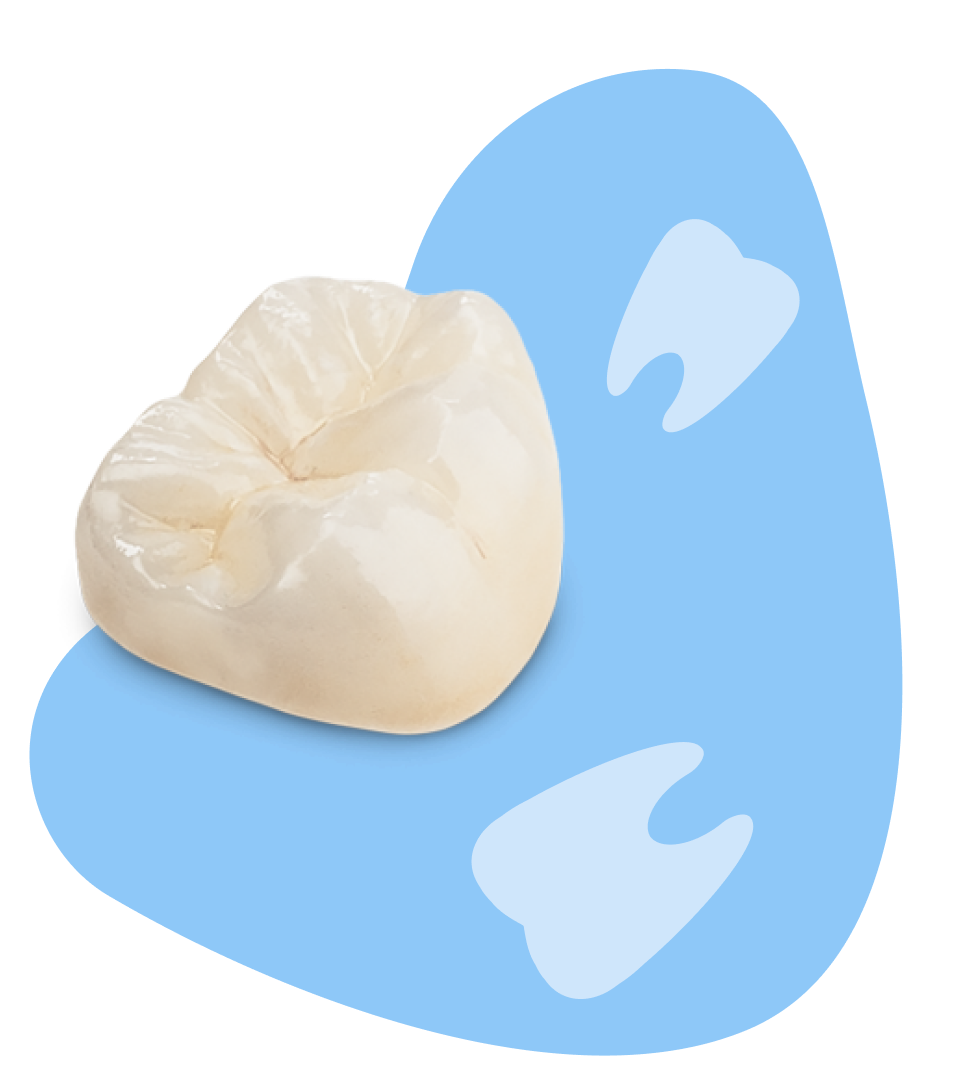
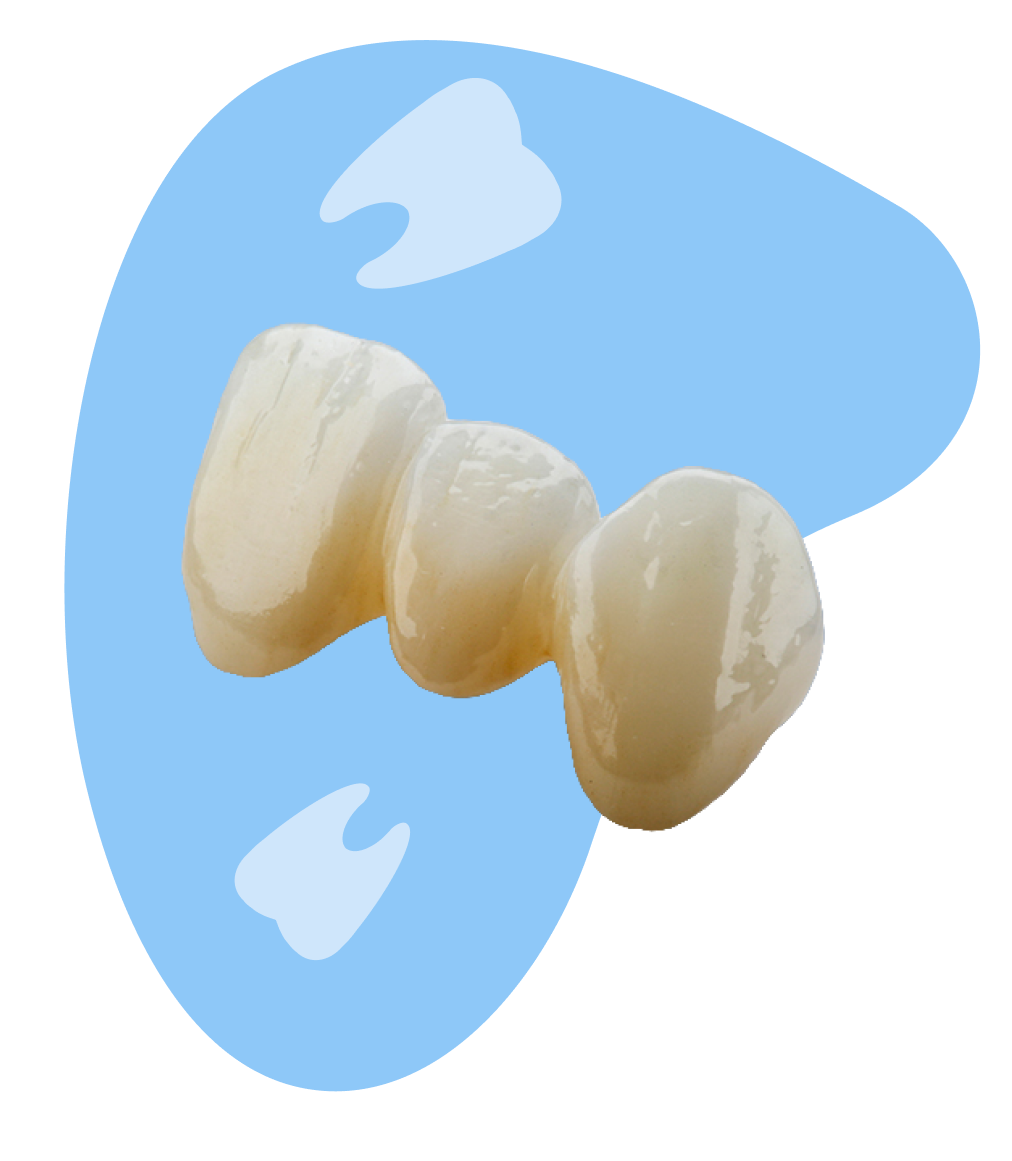
What are the materials properties/indications?
IPS e.max Layered and IPS e.max Monolithic are a high strength lithium disilicate glass ceramic with slightly different flexural strengths. IPS e.max. Monolithic has a flexural strength of 360 MPa’s and is indicated for single anterior/posterior crowns and inlays/onlays. IPS e.max Layered, at 400 MPa’s, is indicated for single anterior/posterior crowns, 3-unit anterior bridgework (bicuspid forward), inlays/onlays and ultra-thin veneers.
Monolithic structure/strengt
When fabricated to full-contour or in a monolithic state, IPS e.max is the most robust ceramic system tested to date.* Even with micro-layering, this system eliminates the typical chipping and fracturing found in traditional veneered restorations. Failures in zirconia and PFM veneered restorations often are the result of a very weak 90 MPa porcelain material having chewing forces exerted upon it. The 1,000 MPa zirconia or metal substructure remains intact but the failure of the layering porcelain is ultimately a failure of the restoration. With monolithic lithium disilicate, the work of mastication is being done on a 360-400 MPa material so the strength is homogenous throughout the entire restoration.
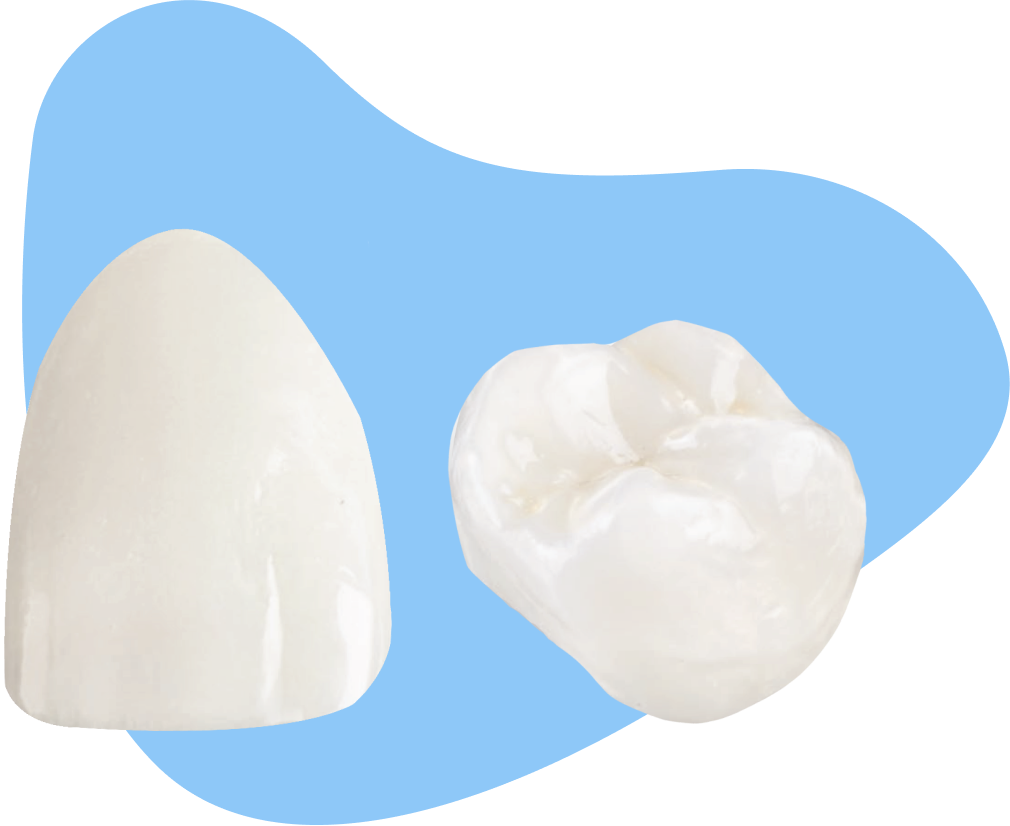
IPS e.max Monolithic
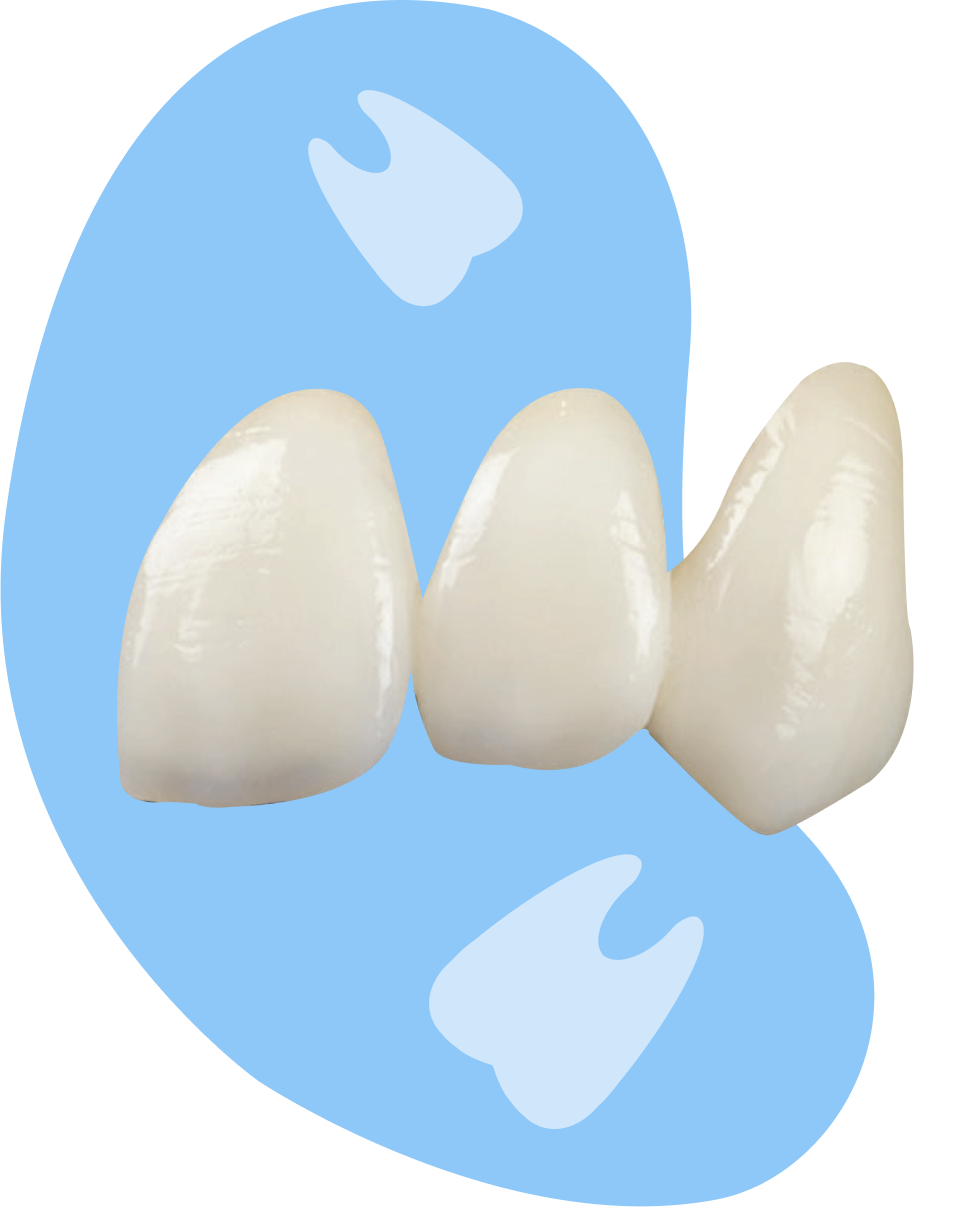
IPS e.max Layered
Fracture Toughness
One of the benefits of lithium disilicate is its fracture toughness. Fracture toughness is the ability of a material to resist surface fractures. Since a surface fracture will continue to propagate through the material, the goal is to avoid them in the first place. That’s why a higher fracture toughness is important for the occlusal surface.
According to Ivoclar Vivadent® in a document published in 2010, pressed lithium disilicate has a fracture toughness of 2.75 MPa and a flexural strength of 400 MPa. On the other hand, milled disilicate which has a fracture toughness of 2.25 MPa and a flexural strength of 360 MPa.
Fracture toughness is based on the size and formation of the crystals. The reason that milled e.max® has a lower fracture toughness is that the crystals are smaller and, therefore, less resistant to fracture.
The reason for the difference in crystal size has to do with how and when the material is crystallized. Lithium disilicate that is created for the purpose of pressing is fully crystallized at the factory, resulting in long crystals. These long crystals are what give lithium disilicate its high flexural strength and fracture toughness.
They are also the reason why lithium disilicate can’t be milled in its fully crystallized state – it’s too hard and would cause grinding burrs to wear down too quickly. To make e.max® millable, the lithium disilicate is only partially crystallized at the factory.
Lithium metasilicate is a lot softer than lithium disilicate and is rated at about 130MPA of flexural strength. This allows the product to be milled with diamond grinding burrs.
After the milling is complete, the lithium metasilicate can go through its final crystallization cycle. The resulting lithium disilicate is very different than its pressed counterpart. This is due to the shorter crystals formed when using the two-step crystallization method.
These short crystals are the reason for the drop in both flexural strength and fracture toughness when using the milling methods of cutting and grinding.
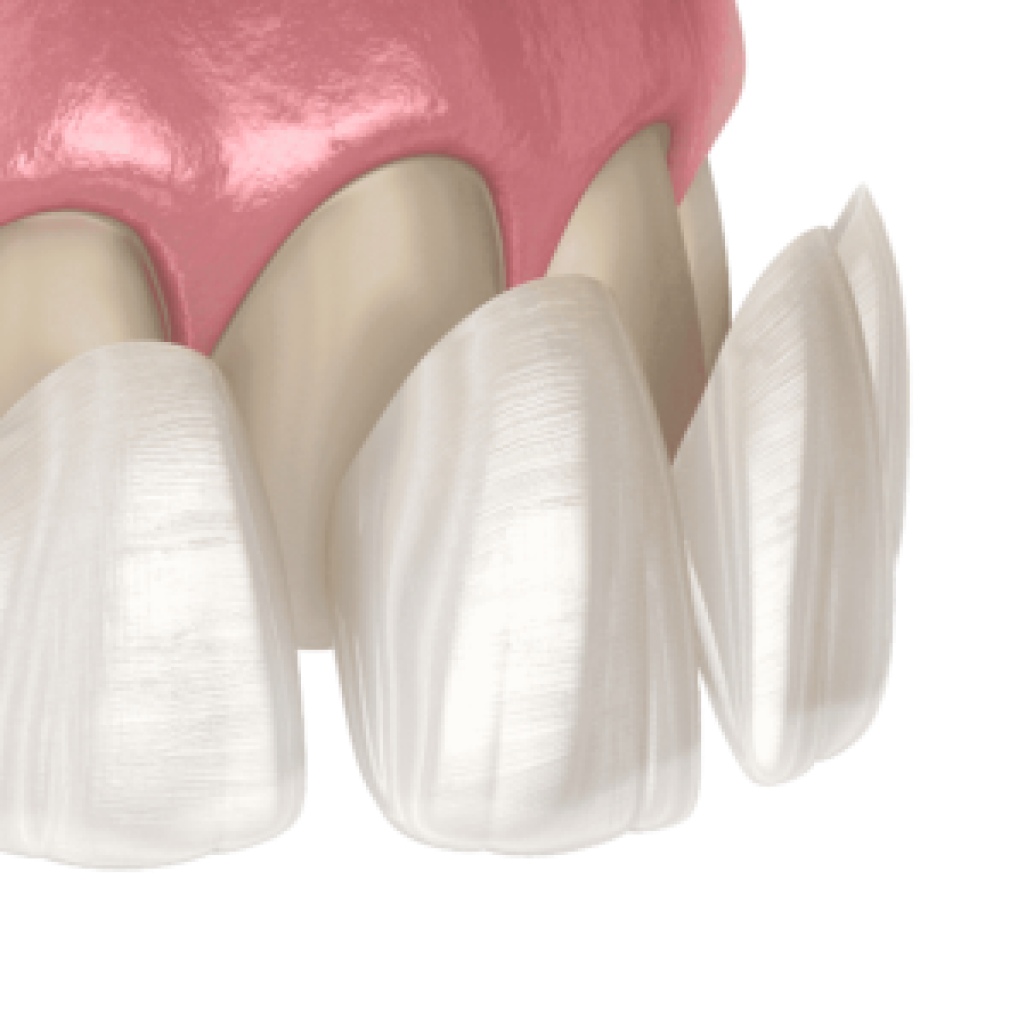
What can Elegant Dental Lab offer to you?
Lithium disilicate by IPS e.max® ideally suits veneered restorations, and its ability to mimic real-world coloring and use light-optical characteristics makes it a great option for patients seeking a natural-looking esthetic. Lifelike warmth and calculated transparency can be achieved with ease using e.max. Our dental laboratory uses CAD/CAM milling in combination with pressed ceramic to create the versatility needed to make everything from veneers to inlays and onlays and crowns.
In addition to the technology visible on our site, our New York based laboratory is constantly updating existing machines, CAD/CAM software, and other applicable items that experience frequent upgrades. Technicians at Elegant Dental undergo training on a regular basis to stay compliant and knowledgeable for the many systems released throughout the year, and we invite any questions your own office may have about what you can do to stay technologically relevant within the field.
Using a new laboratory can be nerve racking, which is why beyond seeing relevant client reviews about our professionalism and product delivery, we invite you to call our offices to see how we can make your first case with Elegant Dental one of many to come. Call 718-375-5999 to hear more information about how easy it is to partner with our dental laboratory.